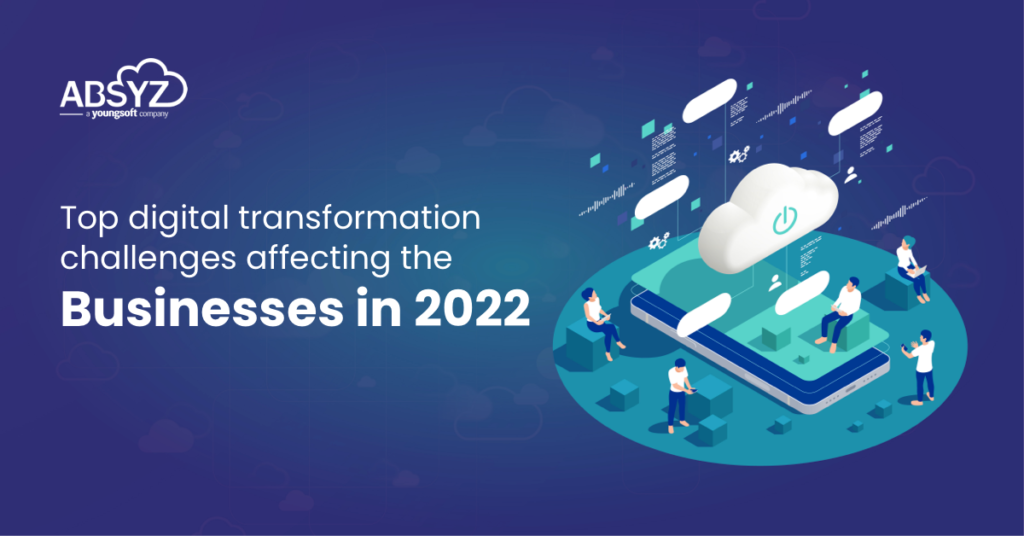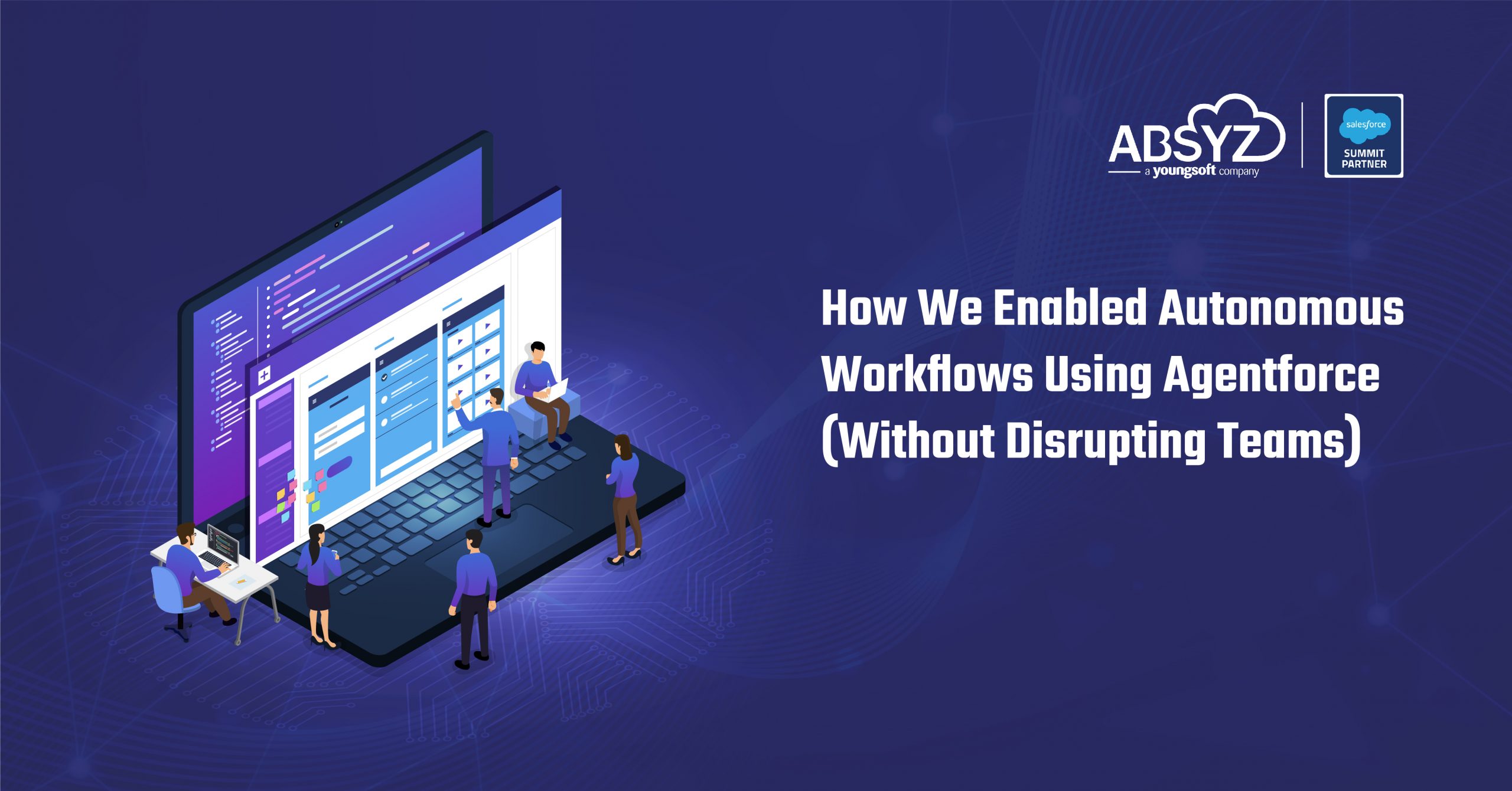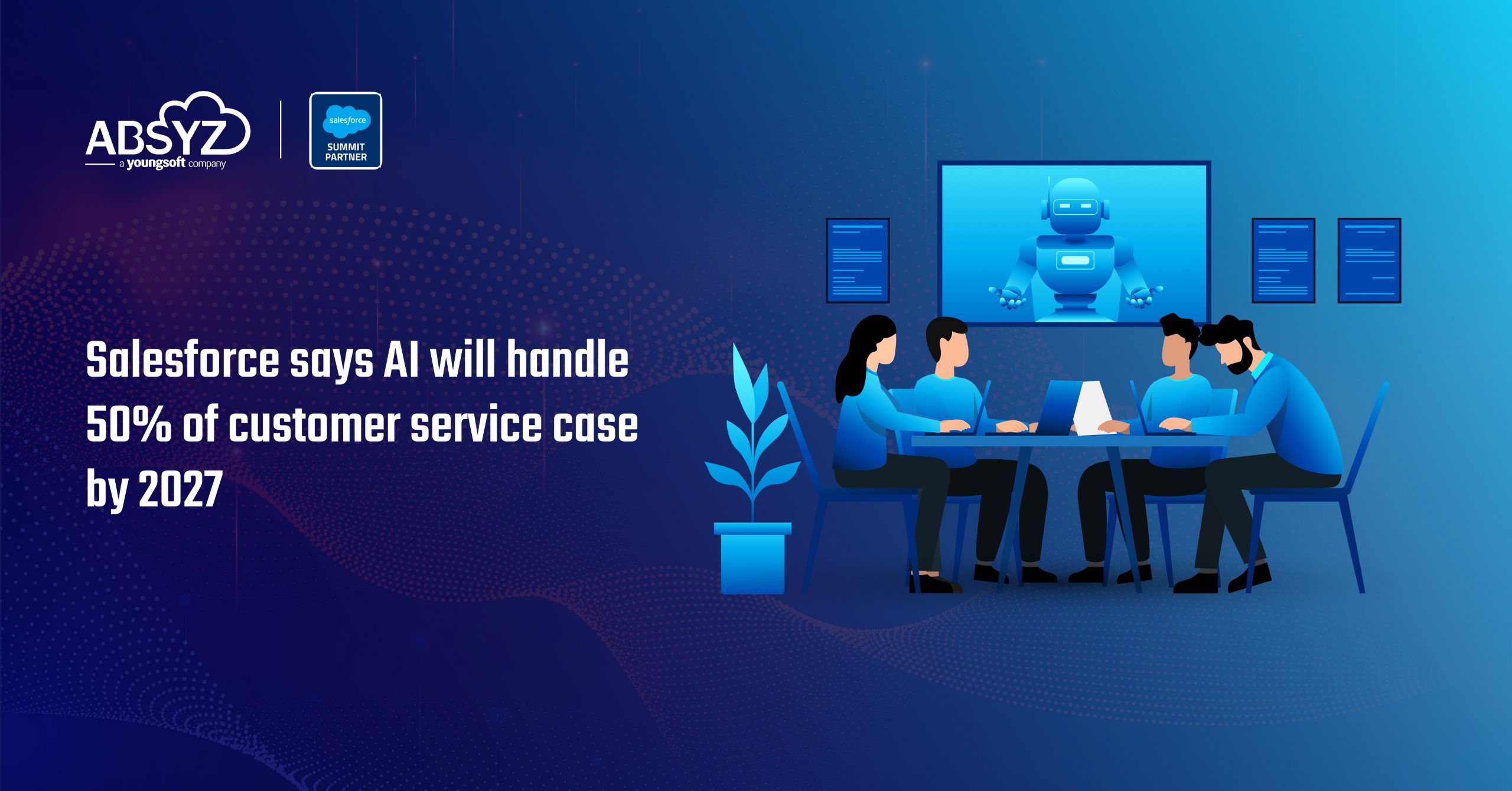INTRODUCTION
Digital Transformation is a new ERA. In this era of revolutionary digital transformation, businesses need to meet the challenges daily and take appropriate measures to increase efficiency, sustainability, and resilience. This blog will deal with the Top digital transformation challenges affecting the businesses in 2022. Transformation must have the ability to meet the present and future challenges to reach the goals and come out successful against the competition. It also reimagines the way of doing business.
WHY DIGITAL TRANSFORMATION?
Digital transformation is the departure from the old way of doing work and creating an innovative way that will fetch better and more efficient results. People will have reactions, and it must also align with the goals and objectives of a company. Through this empowerment, a better future will usher in a new way of approaching a challenge and overcoming it with the available insights. Companies can withstand competition through it and facilitate growth in the existing work area or the newer areas.
1) SECURING TALENT
The digital arena is expanding rapidly, and there is a need to acquire new skills and the newer roles to play that require a high degree of digital skills. There is an immense shortage of talent at the global level, and many companies lack the understanding of the impact of these skills. If it is not possible internally, then the best recourse is to opt for outsourcing it and wait for the arrival of the right talent to carry out the tasks. The incoming talent must be well-versed with software and data integration, analytics, and migrations. There must be no gap in the implementation stages.
2) EMPLOYEES’ ATTITUDE TO CHANGE
It is a fair observation that many employees are hesitant to acquire new skills, which requires a great deal of motivation. Also, they perceive digital transformation to be a threat to their existence/ future. They also feel that the prevalent way of doing things is better than anything else. The remedy for this is to develop an inviting and accepting culture towards change and work on it to benefit the company in the long run. Mckinsey says that 70% of the digital programs fail because employees are resistant, and there is a lack of support from the management. The immediate remedy here is that the management and the employees must work hand in hand to further the cause of transformation besides implementing it in stages through a clear strategy to bring the desired result. If there are high/low code solutions considering the abilities, the result will be good
3) COMPLEX TECHNOLOGY
Any technology will be initially tough to handle and to challenge in nature. Companies face the challenge of data integration and worry about how the end-user will experience it and how effectively it will be implemented? There is a need for an intuitive and integrated system to be in place to overcome this challenge.
4) THE SECURITY ASPECT
Today, we see the exponential rise of the cyber threat and the risks. It is essential to study the Security levels of the SaaS to avoid the breach after the transformation. There is a great need to identify the vulnerabilities and work on them. The setup must be solid and able. Also, there must be an improved cyber security strategy in all stages and with different time intervals focusing on avoiding stealing company secrets and data.
5) THE FINANCIALS
Digital solutions are costly, and the scope of transformation is changing. There are always additional costs. This will have a heavy impact on the budgeting and the amount available for transformation. Also, this requires proper and comprehensive planning and effective project management. There must be a consideration of the change in the customer behavior and the resulting cost. Companies must look into the long-term benefits and focus on Return on Investments.
6) EVOLUTION OF CUSTOMERS
When the companies are busy with digital transformation, the customer is also evolving. There is a change in the needs and experiences, and this also has to be incorporated while accomplishing the transformation. This is an important aspect and worthy of consideration because it has a significant impact on the future of the transformation.
7) IMPLEMENTATION CHALLENGES
Companies need quick transformation, but it needs a change in the organizational structure and culture. There must be a flexible approach here, and they must manage diverse technologies to achieve agility and the best results. If we build on the relationships, the implementation will be effective, easy, and smooth. Finally, there must be a comprehensive Implementation strategy to overcome the existing and future digital transformation challenges. The results must arrive at predetermined levels.
Conclusion
Digital transformation presents a unique opportunity for companies today and in the future. Innovation, critical thinking, a positive attitude, and a reimagining process can achieve great results. We have highlighted challenges, and the foundation of a bright future will be vital. Management and employees must be on the same page to reach the best results.


















